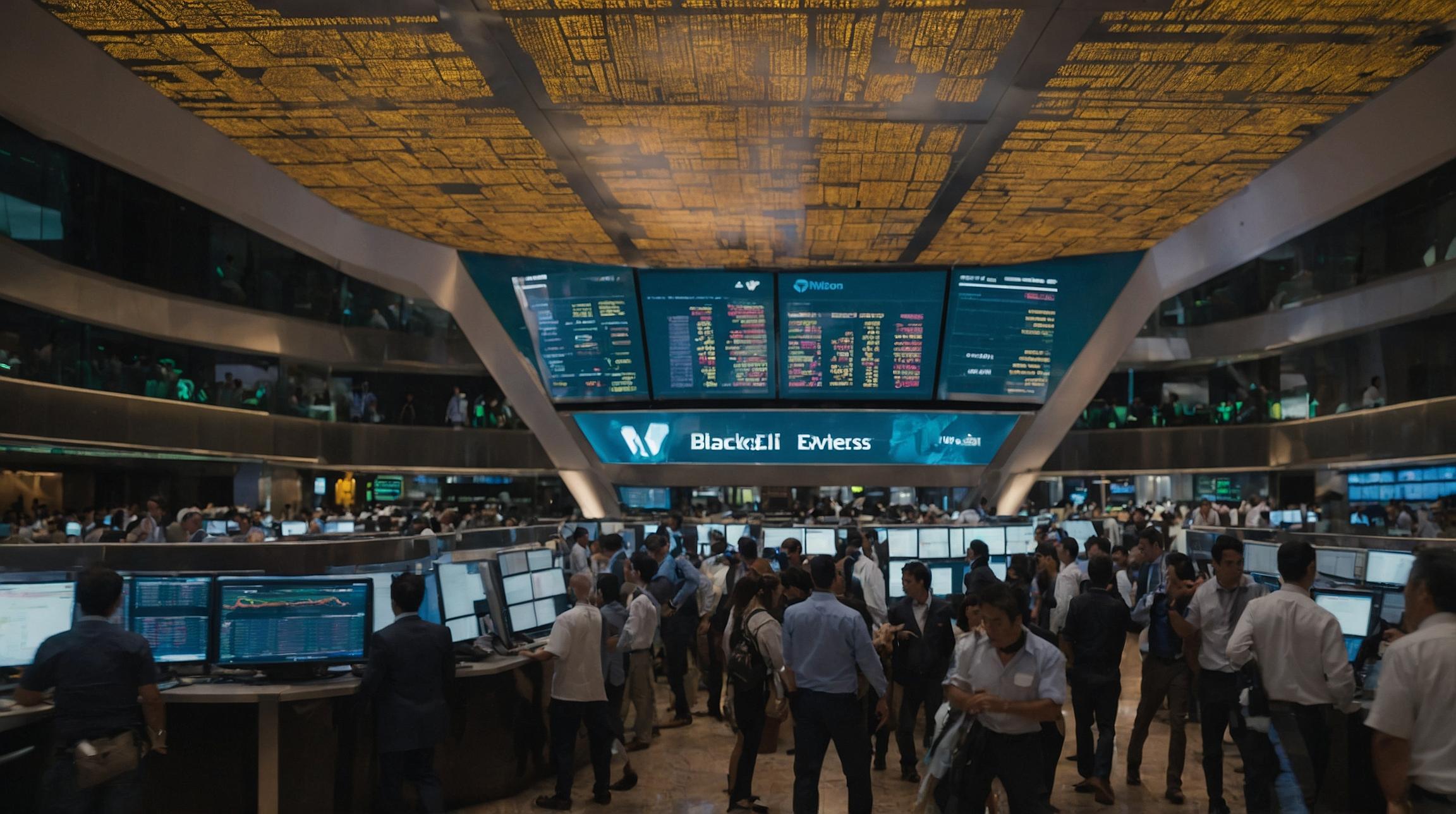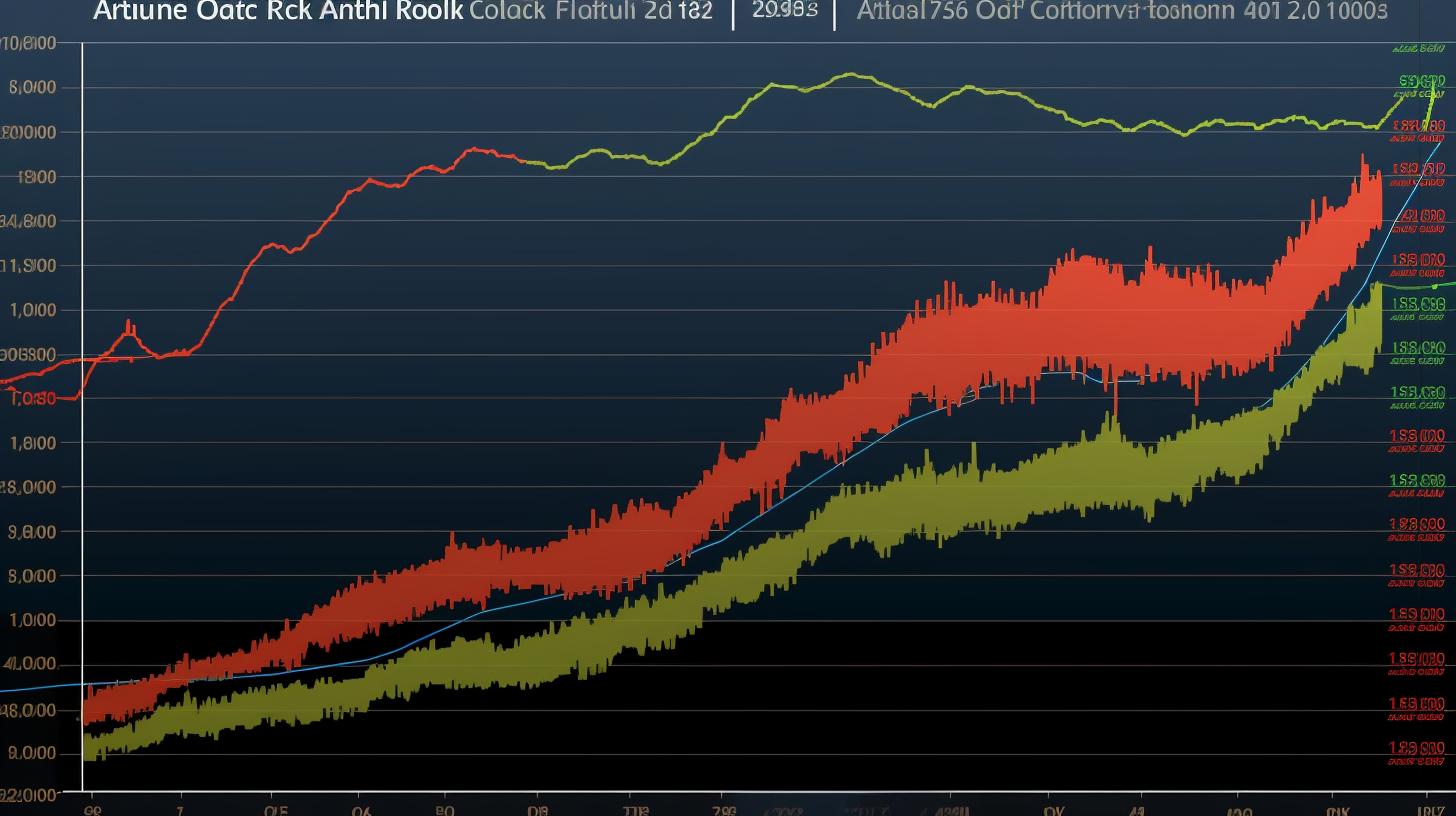BlackRock's Ethereum ETF has made its debut on the Brazilian Stock Exchange, marking a significant step in broadening access to digital assets for South American investors. This launch follows the successful iShares Bitcoin Trust ETF (IBIT), which began trading earlier this year, solidifying Brazil as a hub for institutional cryptocurrency products.
Understanding ETFs and BDRs
An ETF (Exchange-Traded Fund) is a type of investment fund that is traded on stock exchanges, much like stocks. It allows investors to buy shares that represent a diversified portfolio of assets. In this case, the Ethereum ETF provides exposure to Ethereum, the second-largest cryptocurrency.
A BDR (Brazilian Depositary Receipt) is a certificate that represents shares of a foreign company. By launching the Ethereum ETF as a BDR, BlackRock enables Brazilian investors to invest in Ethereum without having to deal directly with foreign markets. This simplifies the process and reduces the complexities associated with buying cryptocurrencies directly.
Market Impact
Nicolas Gomez, BlackRock's head of ETFs, index investments, and products for Latin America, emphasized the importance of the launch, stating, "The launch of ETHA39 now allows investors to have access to the two largest cryptocurrencies by market capitalization." This move positions BlackRock at the forefront of the growing demand for cryptocurrency investment vehicles in emerging markets.
Expanding Market Presence
In August, BlackRock's ETHA surpassed $1 billion in cumulative net inflows in the United States, becoming the first of 11 issuers to achieve this milestone. This success reflects the increasing appetite for digital assets and the confidence investors have in BlackRock's products.
The introduction of the Ethereum ETF on the Brazilian market not only expands BlackRock's footprint but also provides a template for other regions looking to enhance their cryptocurrency offerings. As more investors seek exposure to blockchain technology and digital currencies, the demand for such institutional products is likely to continue to grow.













